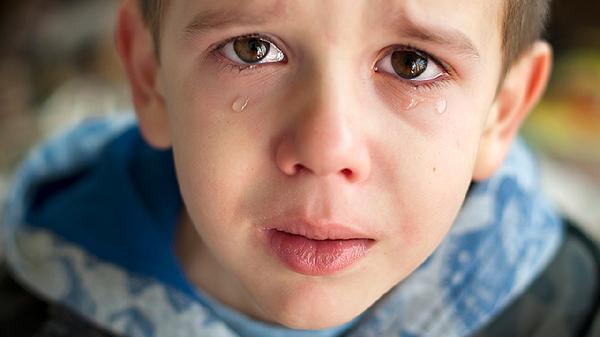It's a gut-wrenching moment when your kid forgets their lunchbox on the kitchen counter or bombs their big science fair presentation. That parental instinct to rush in and save the day? Totally natural. But here's the kicker—by constantly playing the hero, we might actually be robbing our kids of crucial life skills. Turns out, those small failures are like weight training for resilience, building mental muscles that'll serve them way beyond childhood.
The Psychology Behind Our Rescue Instincts
Ever wonder why it feels physically painful to watch your kid struggle? Jessica Lahey, education expert and author of "The Gift of Failure," explains it's equal parts love and biology. "We're hardwired to protect our offspring—it's what kept humans alive for millennia," she notes. But in our modern world, that instinct gets twisted. We've started viewing every scraped knee or bad grade as an emergency requiring parental intervention.
Dr. Kendra Read from Brightline adds another layer: "Many parents today had fewer siblings and grew up in achievement-focused environments. We unconsciously transfer our workplace perfectionism to parenting." Translation? When junior forgets his homework, we feel like we've failed at our "job" as parents. This creates a vicious cycle where kids never learn to own their mistakes—because we're too busy owning them for them.
Failure's Hidden Curriculum
Here's what most parents miss: failure isn't the opposite of success—it's the prerequisite. Think about how toddlers learn to walk. They wobble, faceplant, and try again dozens of times daily. Now imagine if we scooped them up after every tumble saying "Let me do that for you." They'd never develop balance or coordination.
The same principle applies to older kids facing social and academic challenges. When we let them:
We're giving them something more valuable than temporary comfort—we're giving them competence. Research shows kids who experience controlled failures develop better emotional regulation, creative problem-solving skills, and intrinsic motivation compared to their constantly-rescued peers.
Practical Strategies for Stepping Back
Ready to break the rescue habit? Start with these manageable steps:
The 5-Second Rule: When your kid hits a snag, count to five before intervening. Often, they'll start working it out themselves in that brief window.
Question Instead of Fix: Swap "Here's what you should do..." with "What ideas have you tried so far?" This simple shift builds critical thinking.
Grade-Level Responsibilities:
Pro tip: Create a "failure resume" where family members share past mistakes and what they learned. Normalizing setbacks removes their stigma.
When Intervention Is Actually Needed
Of course, there are times when parental involvement is crucial. The key is distinguishing between:
Dr. Read suggests using the "Three Time Test"—if a child fails at the same type of task repeatedly despite genuine effort, it might signal they need scaffolding rather than being left to struggle.
The Ripple Effects of Resilience
Here's the beautiful part: when we allow appropriate failures, we're not just helping our kids—we're reshaping family dynamics. Parents report feeling less stressed when they're not constantly "on call" to fix everything. Siblings often become better problem-solvers by observing each other's struggles and recoveries.
Long-term? These kids enter adulthood with what psychologists call "failure immunity"—not that they never fail, but that failure never paralyzes them. They're the coworkers who bounce back after a tough presentation, the partners who work through relationship bumps, the citizens who persist in civic engagement despite setbacks.c
As Lahey puts it: "The greatest gift isn't preventing falls—it's teaching how to get back up." And that's a lesson best learned young, when the stakes are lunchboxes and math quizzes rather than mortgages and careers.
























